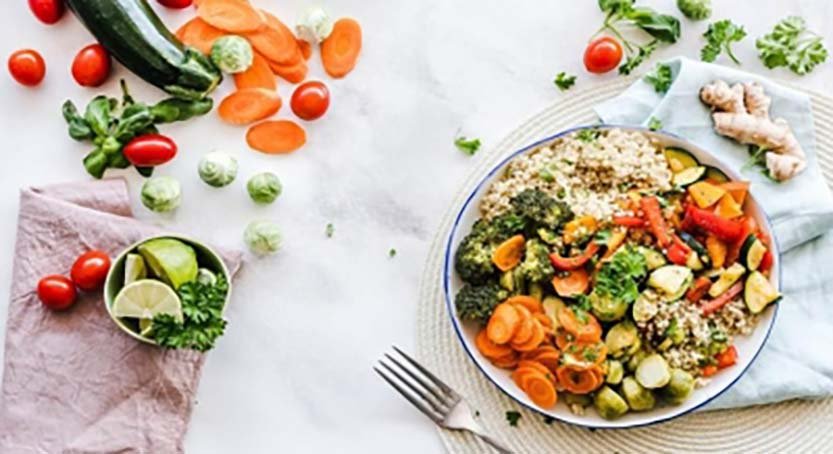
Your escort to eating right as per Ayurveda in 2023
New Delhi, (IANSlife) No two persons are alike, and no two people have exactly the same nutritional needs, according to one of the main tenets of Ayurveda. This is why there is no “one-size-fits-all” Ayurvedic diet. According to Ayurveda, a person’s constitution—also known as their “dosha type” or “mind-body type”—determines the best diet for them. The three different dosha types are vata, pitta, and kapha.
The doshas are mind-body forces that regulate all elements of how our bodies function, including how our bodies seem, how effective our digestion is, and how our thoughts and words are formed.
Eat full, unprocessed meals.
In accordance with the Ayurvedic diet, raising ojas—the source of the body’s life force—involves increasing prana. Prana-rich foods are derived directly from the soil. Their prana is the outcome of the confluence of the forces of the sun, the water, and the earth. Almonds are one of the whole foods you may eat. Almonds are highly regarded in Ayurveda for their nutritional content and vata-balancing properties. Almonds are a well-known rejuvenator, tonic, and nourishing nutraceutical product when employed in food preparation (functional food). In the traditional Indian medical systems, it was also referenced in a number of compound medicinal compositions with pharmacological properties. For prameha problems, almonds may be helpful.Obesity, prediabetes, diabetes mellitus, and metabolic syndrome are all categorised by Ayurveda as clinical diseases that collectively make up the Prameha syndrome. You can cure diabetes problems like weakness and fragility by eating almonds.
Your lightest meal should be evening, and your heaviest should be lunch.
At noon, when the sun is at its highest point in the sky, your digestive fire is at its strongest. As a result, according to Ayurveda, you should eat your largest meal of the day at noon, when your inner fire is blazing and you are more likely to be able to digest and assimilate food. Eat a lighter, well-prepared dinner at least three hours before retiring, and try to go to bed at or before 10:00 p.m.
Eating a substantial, satisfying meal late at night may burden your body as it undergoes its “rest and repair” cycles.
Observe the 70-30 rule.
Our families have trained us to eat everything on our plates, yet Ayurvedic philosophy suggests that you should only eat until you are full. When you start to burp, that should be sufficient. Avoid overeating or eating little portions that leave you starving and unsatisfied. To ensure that the food mixes well and continues to be digested, you should always eat between 70% and 8% of your hunger. Follow the 70-30 rule at all times, which dictates that 70% of your stomach should be filled and 30% should be empty.
(Dr Nitika Kohli, Ayurveda Expert)



